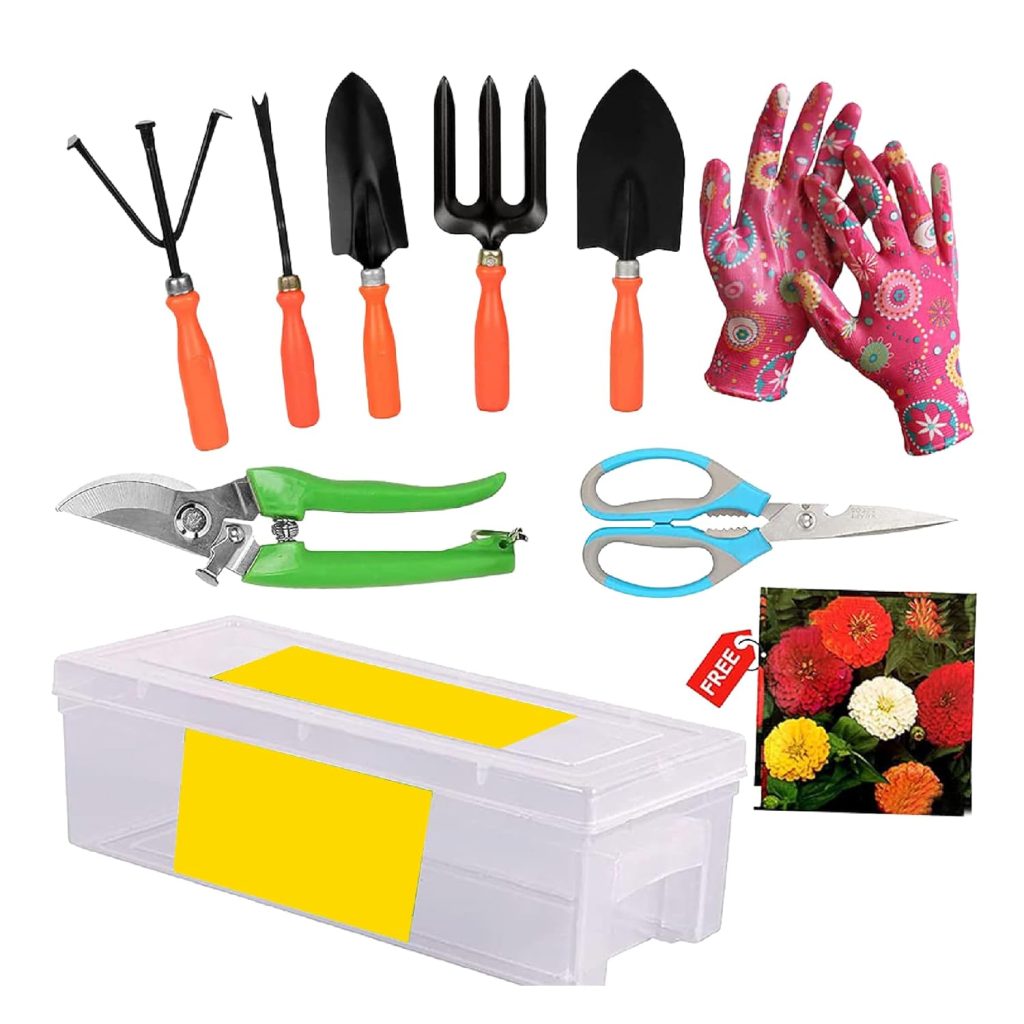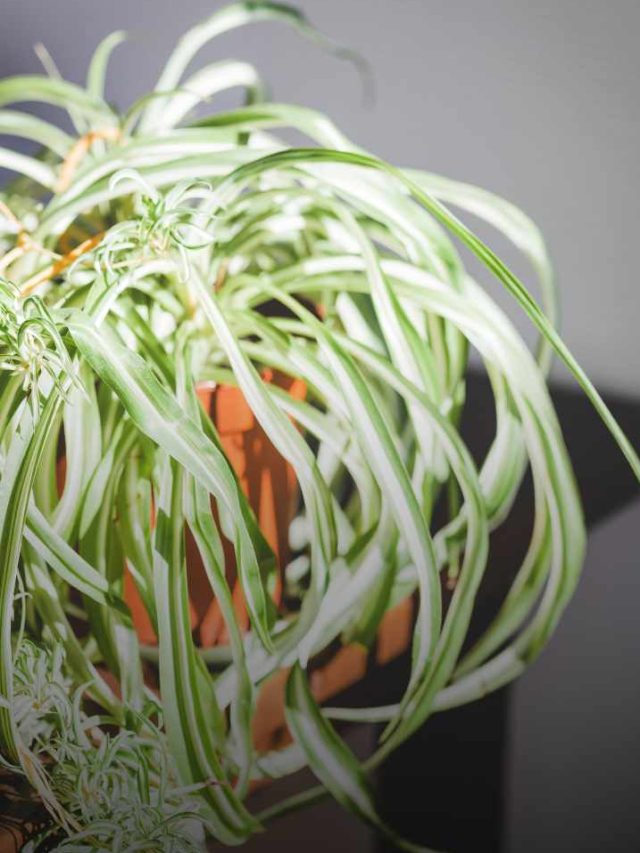Introduction
Gardening doesn’t just mean nurturing plants; It’s about nourishing ourselves and our communities. In this comprehensive guide, we’ll take an in-depth discussion of why gardening is more than just a hobby – it’s a powerful tool for enhancing our emotional well-being and fostering social connections.
Table of Contents
1. The Therapeutic Power of Nature
Gardening provides a sanctuary away from the hustle and bustle of daily life, allowing us to reconnect with the natural world. Research shows that spending time in nature reduces stress levels, lowers blood pressure, and improves overall mood.
1.1 Stress Reduction
Amidst the greenery of a garden, our worries seem to fade away. The act of tending to plants can lower cortisol levels, the hormone associated with stress, leading to a calmer state of mind.
1.2 Mood Enhancement
The sight of vibrant blooms and the earthy scent of soil have a profound impact on our emotional well-being. Gardening releases endorphins, the body’s natural mood lifters, promoting feelings of happiness and contentment.
1.3 Mindfulness and Presence
Engaging in gardening requires us to be fully present in the moment, fostering mindfulness and promoting mental clarity. As we focus on the task at hand, we let go of worries about the past and future, finding solace in the present.
2. Cultivating Emotional Resilience
Gardening teaches us valuable lessons in resilience, nurturing our ability to adapt and overcome challenges both in the garden and in life.
2.1 Patience and Perseverance
From seed to sprout, gardening is a lesson in patience. As we wait for plants to grow and thrive, we learn the value of perseverance and the rewards of delayed gratification.
2.2 Acceptance of Imperfection
In the garden, not everything goes according to plan, and that’s okay. Gardening teaches us to embrace imperfection and find beauty in the diversity of nature, fostering a sense of acceptance and resilience in the face of setbacks.
2.3 Connection to the Cycle of Life
Gardening reminds us of the cyclical nature of life, with its seasons of growth, decay, and renewal. By witnessing the life cycle of plants, we gain perspective on our own journey, finding comfort in the ebb and flow of existence.
3. Building Social Connections
Gardening brings people together, fostering a sense of community and connection that enriches our lives beyond the garden walls.
3.1 Community Gardens
Community gardens provide a shared space where people from diverse backgrounds come together to cultivate plants and friendships. These green oases strengthen social bonds and create a sense of belonging.
3.2 Neighborhood Beautification Projects
Gardening has the power to transform neighborhoods, turning neglected spaces into vibrant community hubs. By beautifying shared spaces, gardening projects inspire civic pride and encourage collaboration among residents.
3.3 Gardening Clubs and Workshops
Joining a gardening club or attending workshops offers opportunities to connect with like-minded individuals who share a passion for plants. These gatherings foster friendships, knowledge sharing, and a sense of camaraderie among fellow garden enthusiasts.
4. Conclusion
In conclusion, gardening is not only a source of beauty and sustenance but also a powerful tool for promoting emotional well-being and strengthening social ties. By immersing ourselves in the therapeutic power of nature, cultivating resilience, and nurturing community connections, we can reap the countless benefits of tending to the soil and nurturing life.
FAQs (Frequently Asked Questions)
Q: Does gardening really improve mental health?
A: Yes, numerous studies have shown that gardening can reduce stress, anxiety, and depression, while boosting mood and overall well-being.
Q: How does gardening benefit social relationships?
A: Gardening provides opportunities for social interaction, whether through community gardens, neighborhood projects, or gardening clubs, fostering a sense of belonging and connection.
Q: Can gardening help with loneliness?
A: Absolutely. Engaging in gardening activities, particularly in communal settings, offers opportunities for socialization and helps combat feelings of isolation and loneliness.
Q: What are some easy plants to grow for beginners?
A: Beginners can start with low-maintenance plants like succulents, herbs, and leafy greens, which require minimal care and are forgiving of mistakes.
Q: How much time should I dedicate to gardening for maximum benefits?
A: Even just a few minutes spent tending to plants each day can yield significant benefits for emotional health and well-being. However, the more time you invest, the greater the rewards.
Q: Can gardening be therapeutic for children and seniors?
A: Absolutely. Gardening is suitable for individuals of all ages and abilities, offering therapeutic benefits for children, seniors, and everyone in between.
















